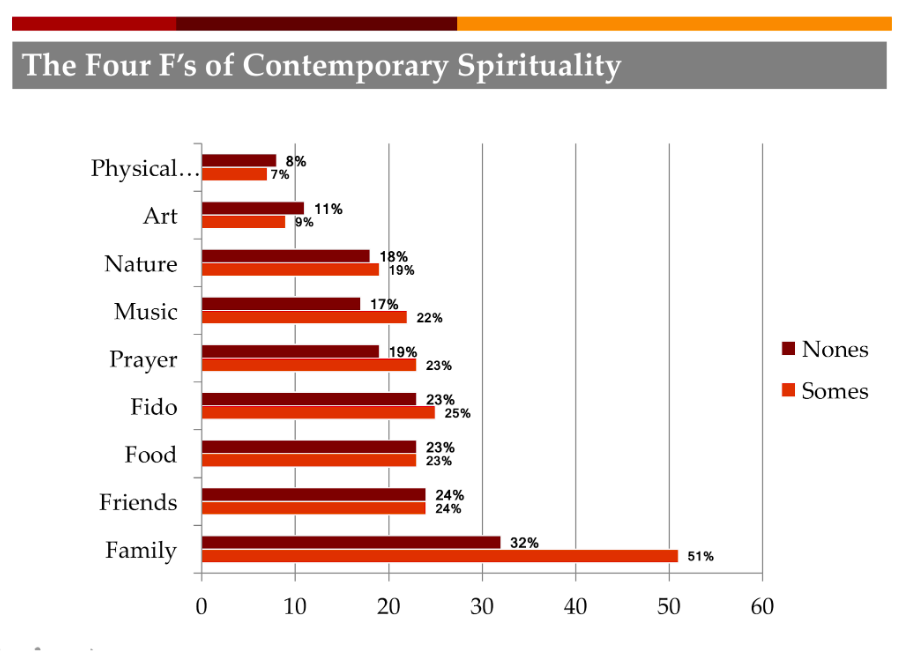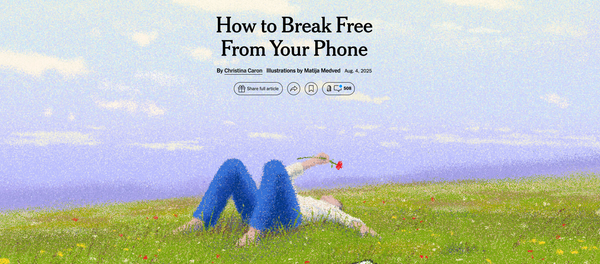'Choosing' My None Takeaways

Since religious disaffiliation has turned out to be the theme of this week's resources, I thought we could look at Elizabeth Drescher's Choosing Our Religion, which is an important and relatively early treatment of these very explosive years of the phenomenon. Here are my main takeaways from Drescher:
(1) Nones are a *negative* category, meaning they are united only in saying they don't belong to a particular group(s). So it's important not to treat them as a monolithic group that necessarily has a lot in common with each other due to shared culture.
(Often portrayals slip into this and paint them as if they're all privileged, white, 20s/30s—not true at all.) "No labels except 'no labels'" is her clever summary.
(2) For me, Drescher's footnote #7 on page 275 is worth the price of the book:
Please don't be condescending to people whose religious and spiritual experience is different from yours. And when you see screeds against "moral therapeutic deism," your assignment is to ask some deeper questions about what is going on. In particular: "Is this portrayal using the priorities of institutional religion to understand people whose priorities are very different?"
(3) Besides basic human decency and empathy, one reason to avoid being condescending about religious disaffiliation is that the spiritual lives of America's Nones look ... pretty damn similar to the spiritual lives of religiously affiliated people. ** 🤷
(Drescher playfully calls the latter group "Somes" to emphasize the point that religion is almost never "all or nothing.")
The image above shows Drescher's data on this point. Turns out the top four most significant spiritual practices for both groups are the same: spending time with family, spending time with friends, preparing or sharing food, enjoying time with pets or other animals.
** A smart colleague who's actually an expert in this area dropped in to say he thinks some of the new PRRI data complicates my takeaways, and I suspect this is the one he means. Certainly it's true that unaffiliated people mostly don't describe themselves as spiritual, according to the new data. I don't think that changes that they find meaning in spending time with friends, family, food, and "Fido" though.



